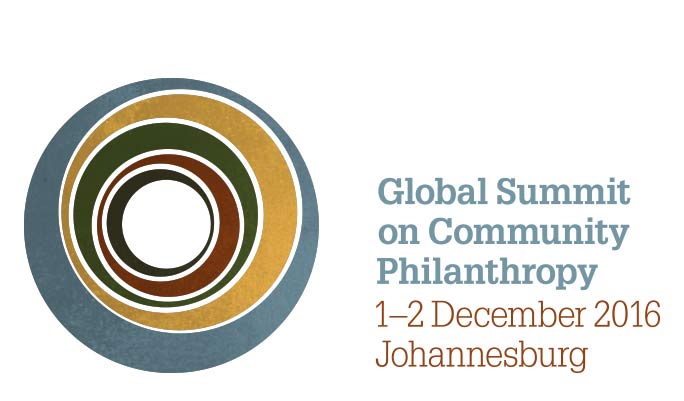FASOL, Fondo Accion Solidaria A.C. (Mexico)
At the grassroots
Grassroots and community organizations in Mexico have become the vehicles for Mexican citizens who wish to speak out against environmental threats and governmental action that negatively affects Mexico’s natural resources. However, Mexican grassroots groups tackling environmental justice issues face an uphill battle in achieving their goals, and face a set of challenges, including: lack of funding and support; difficulties in tying together disconnected voices spread over wide areas (in other words, there is no echo); but most significantly direct repression of their work, which can often turn violent. This hostile climate greatly affects their ability to act - speaking out becomes dangerous and many remain silent out of fear of reprisal, as tales of “disappeared” and murdered activists circulate.
For the Fondo Acción Solidaria, A.C. (FASOL) addressing this insecurity that grassroots groups are facing is a matter of priority. FASOL has been working with these groups to strengthen their capacities so that they have the tools to deal with this climate of violence (for example, by providing trainings on rights and security), and so that grassroots efforts instead can be directed to the sustainable management of Mexico’s natural heritage. And this work becomes all the more urgent, as various national and international corporations who, without considering the great environmental, social, cultural and economic impacts generated by their work, continue to pursue their own objectives with total disregard for their environmental footprint, and with seeming impunity.
FASOL faces its own uphill battle in advocating for more responsive justice and policing systems. Without these appropriate and basic structures in place, their fear is that individuals and communities will continue to feel that they can’t speak out about the management of the natural resources that rightfully belong to them. And it will only be when voices from the grassroots are allowed to freely, and without fear, speak up, echo, and be heard that the ingredients will be in place for just and sustainable local development. There is, of course, the implication that "being heard" in this scenario implies that local citizens are the ones deciding the fate of their own community, and how to respectfully use their own resources for their own benefit.



